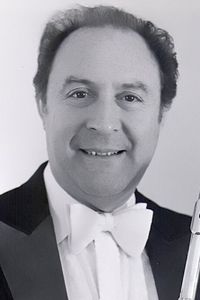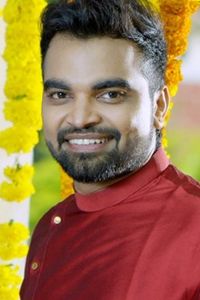Jean-Pierre Louis Rampal was a renowned French flautist born on January 7, 1922, in Marseille. He is credited with reviving the popularity of the flute as a solo classical instrument, a feat not achieved since the 18th century.
As the only child of flautist Joseph Rampal and Andrée Roggero, Jean-Pierre was destined for a life in music. He became the first exponent of the solo flute in modern times to gain international recognition and attract large audiences, paving the way for future flautist superstars like James Galway and Emmanuel Pahud.
Rampal's playing style was characterized by a bright sound, elegance of phrasing, and a natural vibrato that varied according to the emotion of the music. He was known for his ability to breathe effortlessly during extended rapid passages and his mastery of the upper register, wide dynamic range, and crisp staccato articulation.
Under the tutelage of his father, Rampal began playing the flute at the age of 12 and went on to study at the Conservatoire, where he won first prize in the annual flute competition at 16. He played second flute alongside his father in the Orchestre des Concerts Classiques de Marseille and made his first public recital at the Salle Mazenod in Marseille.
Rampal's career began without the full support of his parents, who encouraged him to pursue a more stable profession. However, he defied their wishes and continued to pursue his passion for music. He fled to Paris during World War II to avoid forced labor in Germany and auditioned to study flute at the Paris Conservatoire, where he was taught by Gaston Crunelle.
Rampal's performance of Jolivet's Le chant de Linos won him first prize in the conservatory's annual flute competition, and he later succeeded Crunelle as flute professor at the Conservatoire. He is best known for popularizing the flute in the post-war years, recovering Baroque-era compositions, and inspiring contemporary composers like Francis Poulenc to create new works that have become modern standards in the flautist's repertoire.
Rampal's legacy as a flautist continues to inspire new generations of musicians, and his contributions to the world of classical music remain unparalleled.










